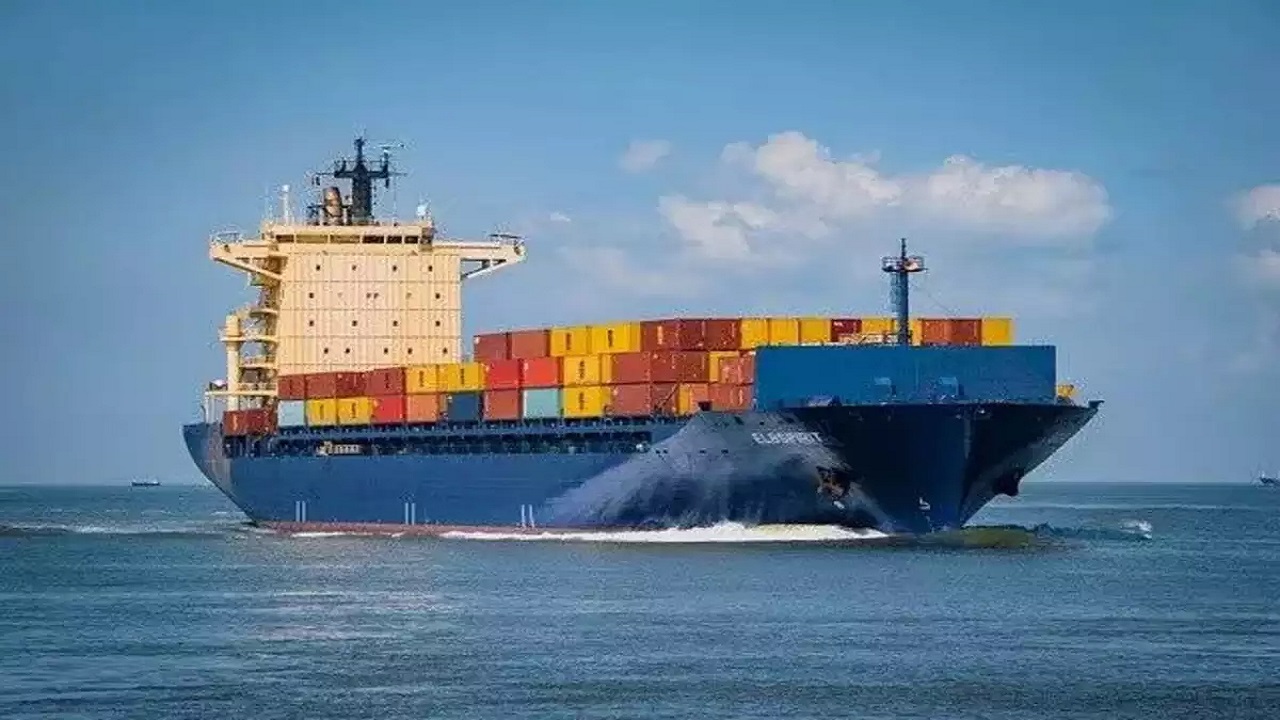The Coastal Shipping Bill, 2024: A Legal Framework for India's Maritime Trade
The Coastal Shipping Bill, 2024, recently passed by the Lok Sabha, aims to establish a dedicated legal framework for regulating vessels engaged in trade within Indian coastal waters. This legislation seeks to promote coastal shipping as an economical, reliable, and sustainable mode of transportation, thereby decongesting road and rail networks and enhancing maritime commerce.
Definition of Coastal Waters
-
Territorial Waters: Extend up to 12 nautical miles (approximately 22 km) from the baseline of the coast.
-
Adjoining Maritime Zones: Extend up to 200 nautical miles (approximately 370 km) from the baseline, encompassing the Exclusive Economic Zone (EEZ).
This delineation aligns with international maritime conventions and defines the jurisdictional scope of the Bill.
Key Features of the Coastal Shipping Bill, 2024
-
Repeal of Existing Legislation: The Bill repeals Part XIV of the Merchant Shipping Act, 1958, which previously regulated ships (excluding sailing vessels) engaged in trade within coastal waters.
-
Comprehensive Vessel Regulation: It brings all types of vessels—including ships, boats, sailing vessels, and mobile offshore drilling units, regardless of propulsion—under a unified regulatory framework.
-
Expanded Definition of Coasting Trade: Beyond the carriage of goods and passengers between Indian ports, the Bill includes the provision of services such as exploration, research, and other commercial activities (excluding fishing) within the scope of coasting trade.
-
Licensing Provisions:
-
Indian-Owned Vessels: Vessels wholly owned by Indian entities are exempt from requiring a license for coasting trade.
-
Foreign-Owned Vessels: Vessels not wholly owned by Indian entities must obtain a license for operations between Indian and international ports or between international ports.
-
Overseas Citizens of India (OCIs): OCIs hiring vessels for operations exclusively outside India do not require a license.
Licenses are issued by the Director General of Shipping, appointed by the central government.
-
-
Revocation of Licenses: The Director General has the authority to modify, suspend, or revoke licenses on grounds such as violation of license terms or existing laws, and non-compliance with directives from the Director General.
-
Revision of Penalties: The Bill updates penalties and punishments related to offenses in coastal trade, aiming to enhance compliance and enforcement.
-
Compounding of Offenses: Certain offenses are designated as compoundable, including undertaking coasting trade without a valid license, taking a vessel to sea without a license, failure to furnish required information, and violating a detention order.
-
Strategic Planning: The central government is mandated to prepare a National Coastal and Inland Shipping Strategic Plan within two years of the Act's commencement, ensuring long-term growth and sustainability of the coastal shipping sector.
-
Exemptions: The central government holds the power to exempt specific classes of vessels from the Bill's application, providing flexibility in its implementation.
Significance and Implications
-
Economic Growth: By promoting coastal shipping, the Bill aims to reduce logistics costs, enhance trade efficiency, and contribute to economic development.
-
Environmental Sustainability: Encouraging maritime transport can lead to lower carbon emissions compared to road and rail transport, aligning with sustainable development goals.
-
Maritime Security: A well-regulated coastal shipping sector strengthens national security by ensuring better monitoring and management of maritime activities.

.jpg)


Comments (0)